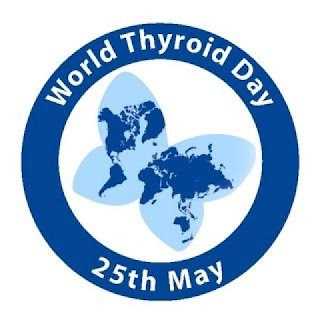Yes, I am still alive and not doing badly at all.
My health is definitely way better than during the writing of this blog... I cannot pinpoint a reason for it. I can come up with a few theories, surely:
1. Maybe moving to California had an influence... The dry climate? Gone are the inflammation, aches and pains that made a few of my years miserable...
2. Perhaps the passage of time did wonders, as I left my body fight it out while providing minimal support in the form of T4 (currently increased to 75mcg) and the occasional transdermal estradiol, estriol and, very rarely, progesterone... I am hormonally challenged, clearly, and it turned out I did need some extra help, but I didn't go for full HRT, I am trying to keep everything very low while still functional, for fear cancers might develop if I go overboard...
3. Oh, this is quite important: I started moving quite a bit. Tracking my steps and all, I got into hiking and swimming more often. And, recently, dancing. Don't ask. OK, K-Pop. It is what it is. I get a huge kick out of it, too!
4. I started lifting weights in a more disciplined fashion and I am now pursuing a six pack. I started with FitWell, a great app, and now I am heading into more heavy lifting. Also, these days I starve myself. I'll let you know if I ever make it to that level, it is not easy at all.
5. Nutritionally, I stay gluten free and mostly grain-free, I eat tons of meat (sorry, I did try otherwise and it didn't work for me), ideally New Zealand grass-fed beef and lamb, and very few fruits and vegetables, only in season, organic, and with an eye on the calories. I drink my wine in the evenings, that's one fruit serving right there. I don't stay away from anything, but my 1400 calories a day can only fit so much, so... Oh, I did kick out chicken and eggs from my diet after reading about their inflammatory effects.
6. Sleeping. I have been using Xanax to fall asleep, 25 mg, for a few years now, paying attention to not take it more than three nights in a row... Lack of hormones clearly brings with it difficulty falling asleep... But I prefer benzodiazepines to the extra estrogen and progesterone... I never needed to increase dosage after over four years of occasional use and I have long stretches when I don't need it, but if I do, I use it (Sorry, poor affected brain cells, but this is for (y)our greater good, in the long run!) I absolutely cannot afford to miss sleep. I track it religiously on my Apple Watch. I track everything, actually, with Apple Health, it helps me enormously. My brain clearly uses all the info in the background and my life has improved because of this.
7. I did mindfulness, too. I started with Tolle, then had enough sense to move on to Headspace and then I graduated to Sam Harris' "Waking Up".
I stopped checking cancer markers and, in general, seeing doctors. I only see my GP once a year for a thyroid check and the miscellaneous hormonal/antibiotic prescriptions. I stopped listening to health podcasts and reading PubMed stuff.
I remember the years of writing on this blog as an anomaly... I overreacted when my hormones started to fail me. I should have never toyed with trying to fix my thyroid "naturally", through diet, etc. I did educate myself on some things and that is a good thing, going forward. But I am glad I managed cut through the piles of horrible advice out there and I got to where I am today...
I wish you splendid years in excellent health and be careful as you hack your bodies out there, as I go work on this choreography:













